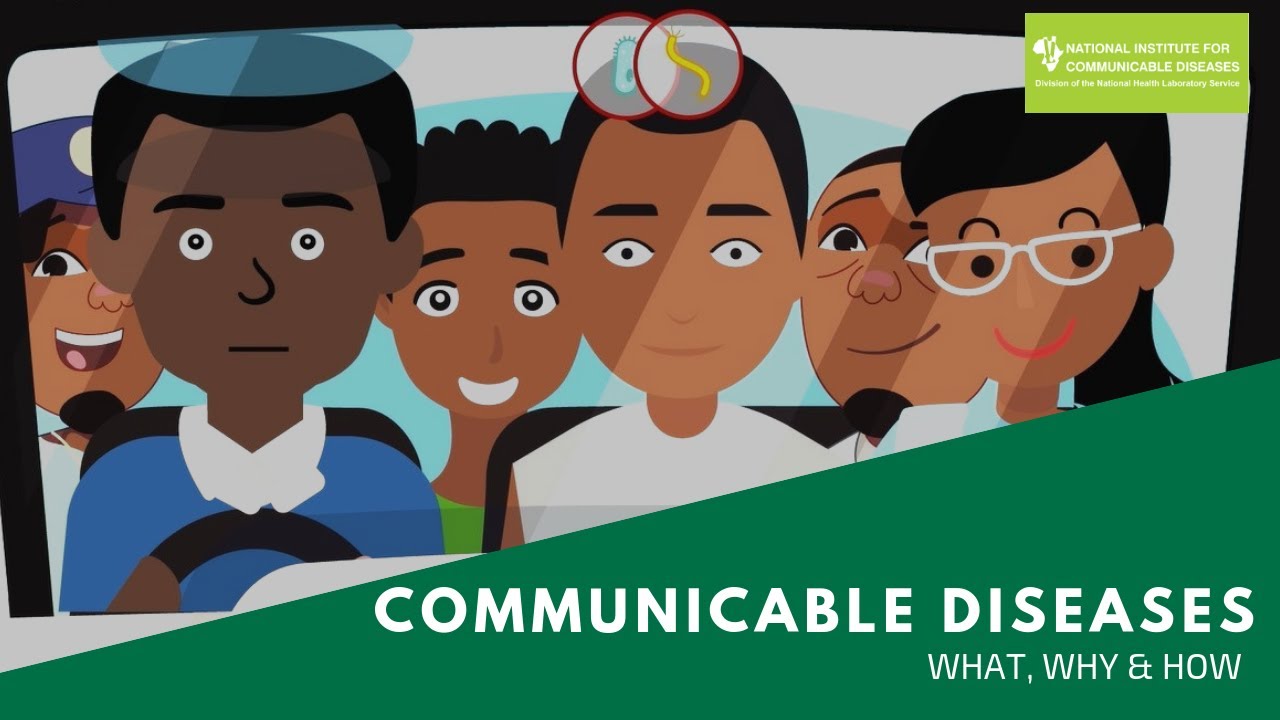GCSE Biology Revision "Pathogens"
Summary
TLDRThis video covers the basics of communicable diseases, focusing on pathogens—microorganisms that cause infectious diseases like bacteria and viruses. It explains how bacteria reproduce quickly and release toxins, causing illness, while viruses invade host cells, damaging them in the process. The video also discusses how pathogens spread through air, water, and direct contact, using examples such as influenza and HIV. Lastly, it outlines ways to prevent the spread of pathogens, including hygiene, clean water, isolation, and vaccination.
Takeaways
- 🦠 Pathogens are microorganisms that cause infectious diseases, including bacteria, viruses, protists, and fungi.
- 👩🔬 Communicable diseases are infectious and spread from person to person.
- 🧫 Bacteria reproduce rapidly in the human body and release toxins that damage tissues, leading to illness.
- 🔬 An example of harmful bacteria is the type that causes food poisoning, which affects around 300,000 people yearly in the UK.
- 🧪 Viruses are different from bacteria because they cannot reproduce on their own; they need to invade a host cell to multiply.
- 💥 Viral infections often damage host cells, sometimes causing them to burst, which can lead to cell death.
- 🌬 Pathogens can spread through the air (e.g., influenza), contaminated water (e.g., cholera), or direct contact (e.g., HIV).
- 🧴 Basic hygiene practices, such as washing hands, can reduce the spread of pathogens.
- 🚰 Providing clean drinking water helps prevent waterborne diseases like cholera.
- 💉 Vaccination is a key method to reduce the spread of infectious diseases, which will be covered in more detail later.
Q & A
What is meant by the term 'pathogen'?
-A pathogen is a microorganism that causes infectious diseases.
What types of microorganisms are classified as pathogens?
-Pathogens include bacteria, viruses, protists, and fungi.
How do bacteria cause illness in humans?
-Bacteria reproduce rapidly inside the body and release harmful chemicals called toxins, which damage tissues and make us feel ill.
How do viruses differ from bacteria in the way they cause illness?
-Viruses cannot reproduce on their own; they invade host cells, reproduce inside them, and damage the cells, often causing them to burst and die.
What are some examples of diseases caused by bacteria and viruses?
-Bacteria can cause food poisoning, while viruses like HIV can lead to AIDS.
In what ways can pathogens be spread from person to person?
-Pathogens can be spread through air (e.g., influenza), in water (e.g., cholera), and by direct contact (e.g., HIV).
What measures can be taken to reduce the spread of pathogens?
-Basic hygiene, clean drinking water, reducing direct contact between individuals, isolation of patients with highly infectious diseases, and vaccination can all help reduce the spread of pathogens.
How does washing hands help prevent the spread of pathogens?
-Washing hands removes pathogens from the skin, reducing the chance of infection or transmission to others.
Why is chlorination of drinking water important in preventing disease?
-Chlorine kills microorganisms in water, preventing waterborne diseases like cholera.
How does vaccination contribute to preventing the spread of pathogens?
-Vaccination helps the body develop immunity to certain pathogens, reducing the likelihood of disease and its transmission.
Outlines

هذا القسم متوفر فقط للمشتركين. يرجى الترقية للوصول إلى هذه الميزة.
قم بالترقية الآنMindmap

هذا القسم متوفر فقط للمشتركين. يرجى الترقية للوصول إلى هذه الميزة.
قم بالترقية الآنKeywords

هذا القسم متوفر فقط للمشتركين. يرجى الترقية للوصول إلى هذه الميزة.
قم بالترقية الآنHighlights

هذا القسم متوفر فقط للمشتركين. يرجى الترقية للوصول إلى هذه الميزة.
قم بالترقية الآنTranscripts

هذا القسم متوفر فقط للمشتركين. يرجى الترقية للوصول إلى هذه الميزة.
قم بالترقية الآنتصفح المزيد من مقاطع الفيديو ذات الصلة

COMMUNICABLE DISEASES | What? Why? How?

Infectious Diseases Overview, Animation

NEW 2025 EXAM - IB Biology C3.2 - Defense Against Disease PART 1 [SL/HL] - Interactive Lecture

PENYAKIT TANAMAN HUTAN -Perlindungan Hutan part 4-

Infectious Diseases: A Beginner's Guide to the Basics

What are microorganisms? Bacteria, Viruses and Fungi
5.0 / 5 (0 votes)
